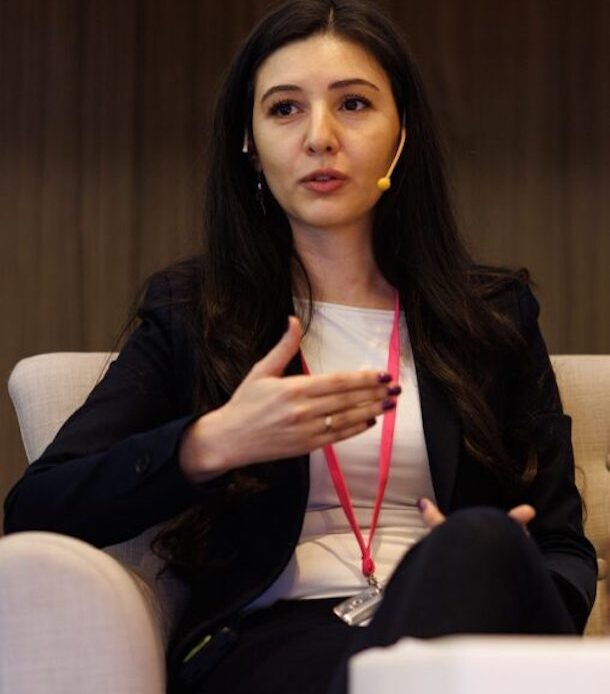Fintech innovations and emerging technologies have swept the world, causing global lawmakers to rush to understand and regulate them.
While some countries like the United States and El Salvador have had a public relationship with adopting new technologies, others have quietly joined the game. Among these is Latvia, a small country located in the Baltics, neighboring Estonia and Lithuania.
Cointelegraph spoke with Marine Krasovska, the head of financial technology at Latvijas Banka (Bank of Latvia) — Latvia’s central bank — to better understand how regulators in the country are dealing with new technologies like cryptocurrencies and artificial intelligence (AI).
Unlike its neighbor Estonia, which was the first European country to provide clear regulations and guidelines for digital currencies, these assets remain unregulated in the Latvian landscape. The Latvian Personal Income Tax Act defines crypto as a capital asset subject to the general capital gains tax of 20%.
Back in 2020, one of the country’s financial regulators, the Financial and Capital Market Commission (FCMC), warned the public about crypto fraud — particularly given that in Latvia, crypto companies “operate in an infrastructure that is currently characterized by lower regulation than in the financial and capital markets.”
An upcoming hub of innovation
Since early warnings from the FCMC, Latvia has not developed new cryptocurrency regulations. However, Krasovska explained that in the last five years, the central bank, which is the primary regulator in Latvia, has been operating its Innovation Hub.
Krasovska said participation by fintech companies is not mandatory; however, the bank advises it as a “first entry point” to the Latvian market. The central bank offers this service free of charge for international companies and those originating from Latvia.
“When businesses come to the Innovation Hub and begin to describe their business model, sometimes we start to understand what companies actually need and don’t need,” she said.
She added that it’s an opportunity for businesses to talk in person with regulators to understand the business licensing needed and get risks assessed.
“We always suggest for companies to bring a lawyer to disclose interpretation risks. Interpretation of legislation is a very high-level responsibility.”
Within the Innovation Hub, the…
Click Here to Read the Full Original Article at Cointelegraph.com News…
























